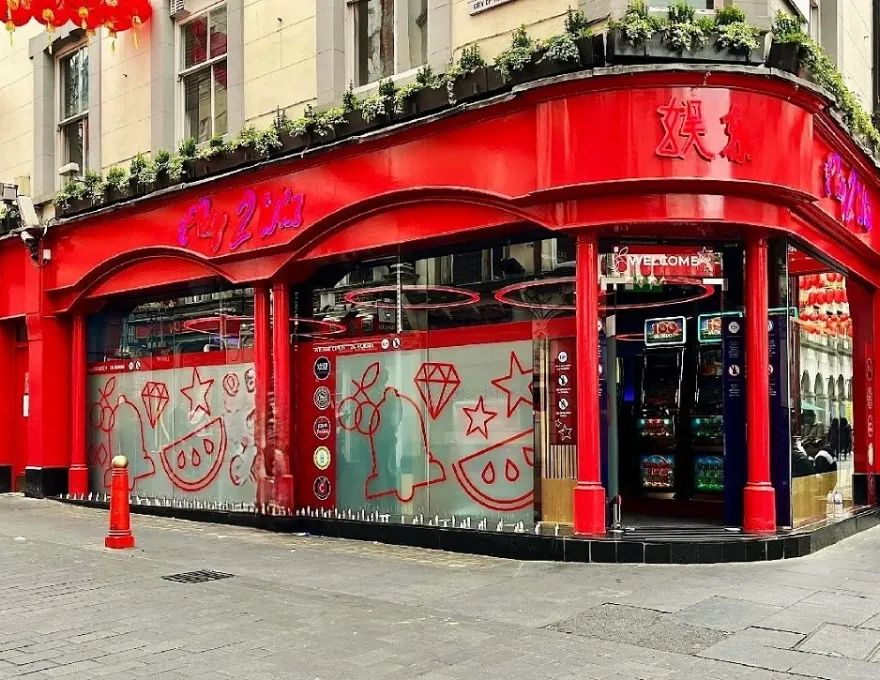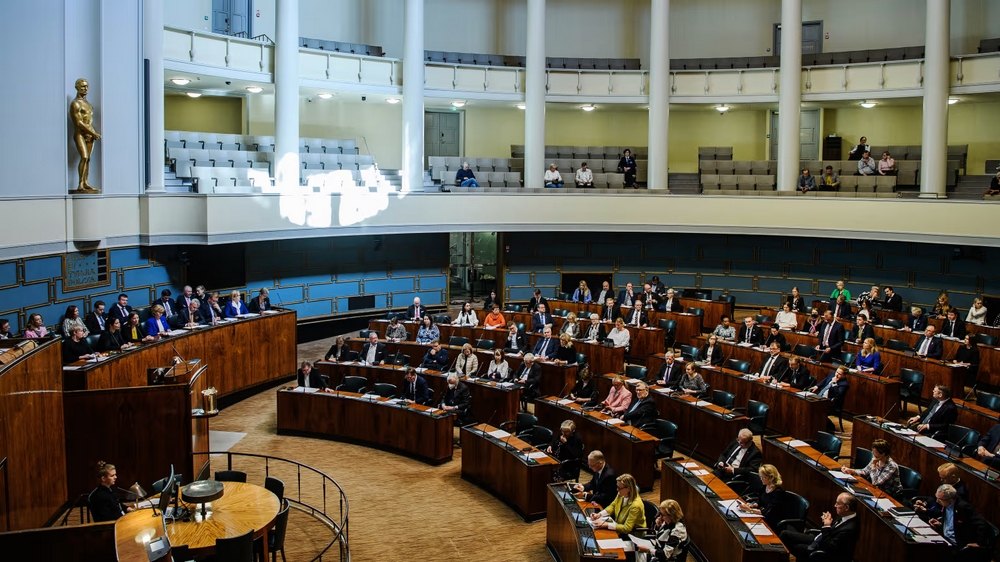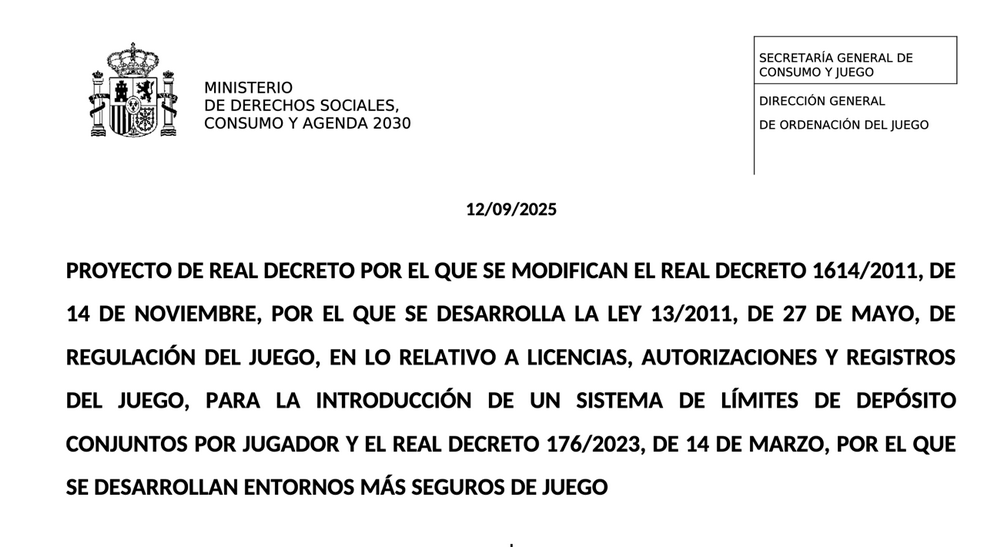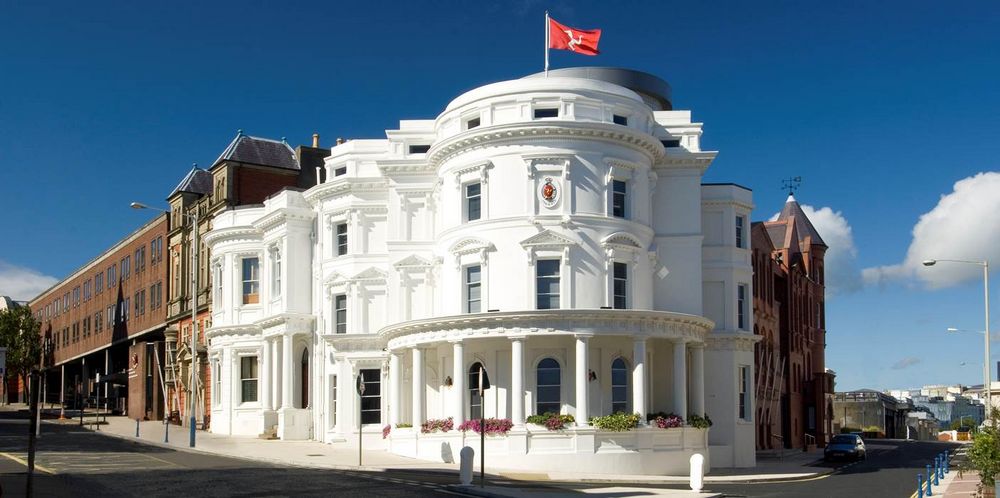London, September 22, 2025 – Prime Minister Sir Keir Starmer is set to unveil sweeping planning reforms that will give residents across Britain new powers to block the opening of gambling venues, vape shops, and other targeted retailers on their local high streets.
The move, to be formally announced this week by Housing Secretary Steve Reed, is pitched as part of Labour’s effort to “revive the high street” and empower communities that feel left behind by years of unchecked decline. Under the proposals, councils and residents will gain greater authority to veto applications from shops considered detrimental to their neighbourhoods, including bookmakers and e-cigarette outlets.

Crucially, the reforms stop short of outright bans. Instead, they hand local councils discretionary muscle to cap how many of a particular type of shop can operate in one area, while also giving them the ability to take over long-vacant properties and lease them to businesses that serve community needs.
For some, the plan is a long overdue reset. Campaign groups have argued that clusters of betting shops and vape stores contribute to social harm and accelerate the decline of town centres. Residents have frequently complained that “once one opens, five follow,” leading to a cycle of limited choice and rising concerns about gambling and youth vaping.
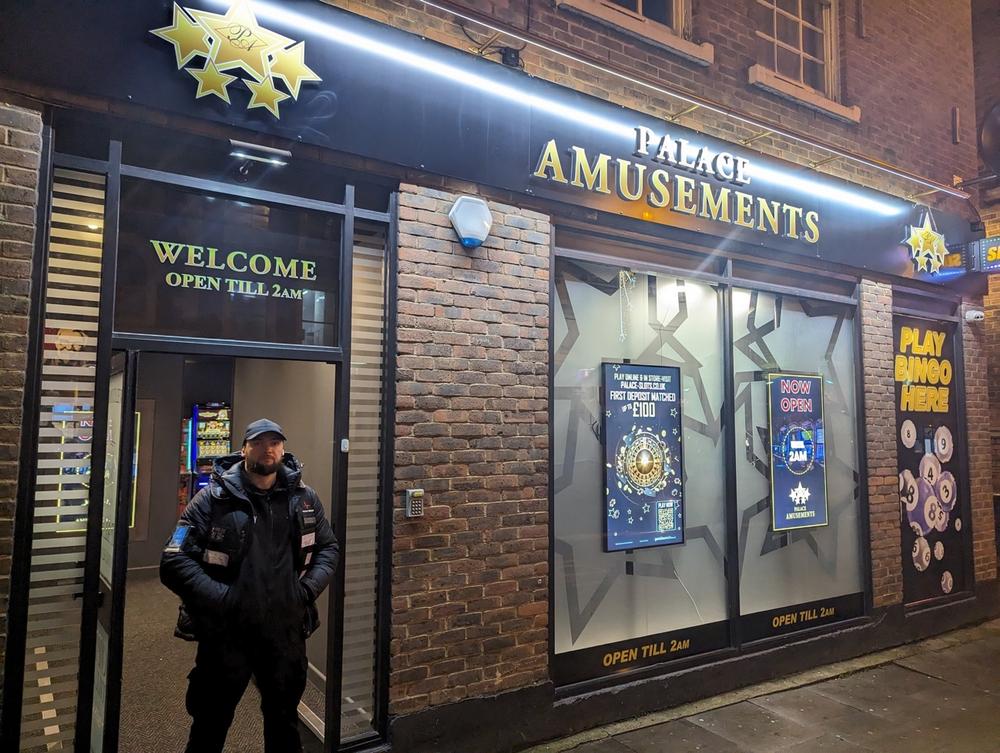
But the industry is already warning of unintended consequences. The Betting and Gaming Council (BGC), which represents betting operators, highlighted that bookmakers contribute £6.8 billion annually to the UK economy, pay £4 billion in taxes, and support tens of thousands of jobs. Restricting them too heavily, the BGC argues, could hit local employment and reduce commercial footfall.
Starmer’s government insists the reforms are not anti-business, but rather pro-community. “It’s about giving residents a say in shaping their high streets and ensuring empty shops don’t become dead weight,” Reed told reporters.
Politically, the announcement comes at a critical moment. With Reform UK gaining traction in deindustrialised towns frustrated by boarded-up storefronts, Labour is keen to show it has a credible plan to “take back the high street” and put local voices in charge. As Britain’s retail landscape braces for the shake-up, the central question is whether empowering locals will truly rejuvenate town centres – or simply squeeze out industries that, however controversial, remain major economic players.















